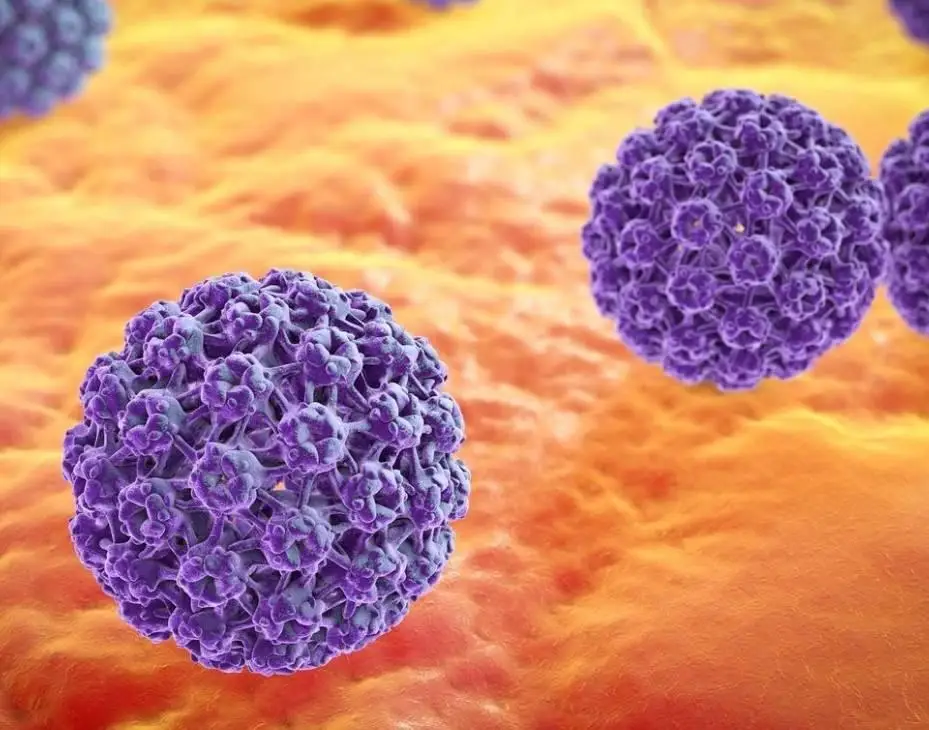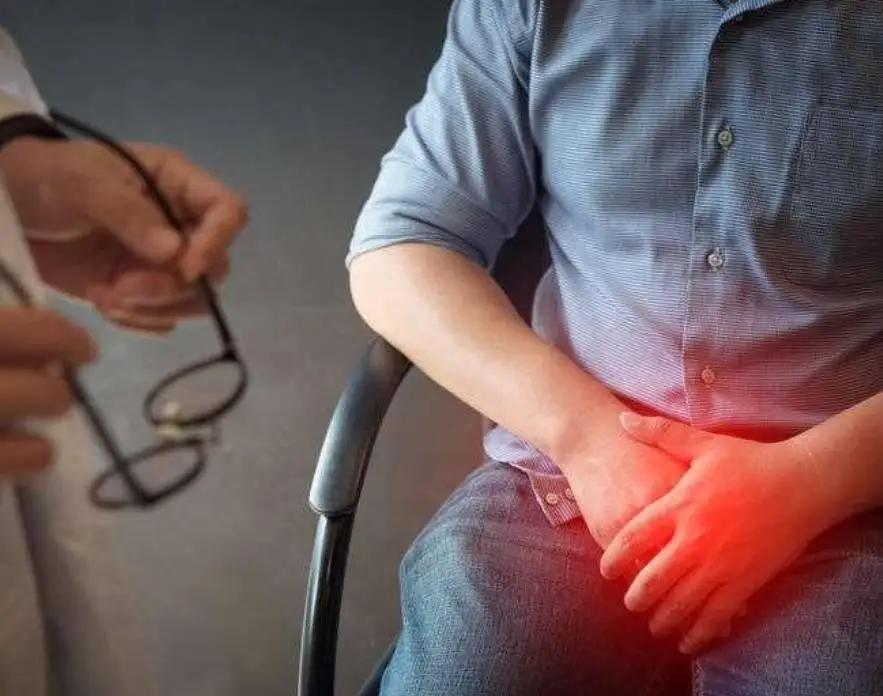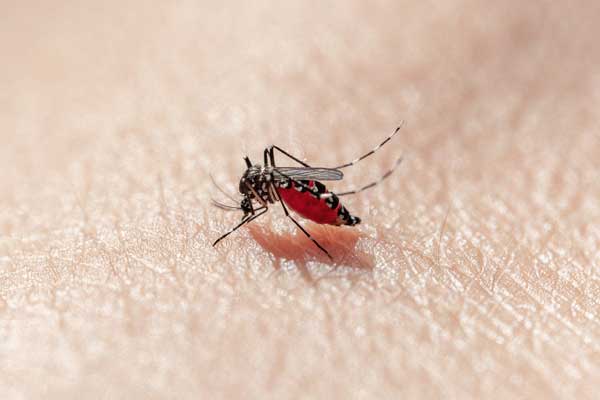What kind of disease is Carcinoma Of Penis?
What are the symptoms of early manifestations of Carcinoma Of Penis?

Ⅰ. What is Carcinoma Of Penis?
Carcinoma Of Penis is a malignant tumor that occurs on the male penis, of which more than 95% are "squamous cell carcinoma", a common type of skin cancer.
This disease originates from the epithelial tissue in the inner plate of the foreskin or the coronal sulcus, and the pathogenesis of the disease is also very simple.

If the foreskin is too long, a large amount of secretions will accumulate in the foreskin. Over time, these secretions will irritate the skin and induce inflammation.
In the process of repairing inflammation, the body cells can easily develop into cancer cells, and eventually become Carcinoma Of Penis. If you smoke frequently and do not clean enough, it will also damage the cells, thereby increasing the risk of cancer.
In the medical field, Carcinoma Of Penis is a rare cancer, but there are significant differences in different regions.
In developed countries in Europe and America, the incidence of this cancer is less than 1%, but in developing countries such as Asia, Africa, and Latin America, the incidence accounts for 10%-20% of male tumors. Even globally, only 1-4 out of every 100,000 men will suffer from this disease.

People aged 41-60 are the main group of patients.
However, this does not mean that young people will not suffer from this cancer. The reason why Mr. Wang at the beginning suffered from this disease is that HPV is the main culprit.

Ⅱ. Young people suffering from Carcinoma Of Penis is related to HPV
HPV virus, also known as "human papillomavirus", is the core driver of the younger generation of Carcinoma Of Penis. Studies have shown that about 70% of young Carcinoma Of Penis patients are related to persistent infection with high-risk HPV, especially HPV16 and HPV18, which are "time bombs" for young people to be infected with Carcinoma Of Penis.
When the HPV virus invades the skin or mucous membrane of the penis, its genes will be integrated into the host cell DNA, forcing the cell to proliferate abnormally.

If the immune system fails to clear the virus in time, the virus will continue to develop in the body and develop into cancer after 5-15 years. If you have sex with your partner after being infected with HPV, your partner's risk of cervical cancer will increase by 3-8 times.
Multiple sexual partners, unprotected sex, and male-male sex will greatly increase the risk of infection.
What's more serious is that men clear HPV more slowly than women, giving the virus a longer "time to commit crimes."

Therefore, if you want to get rid of the risk of Carcinoma Of Penis, you might as well get the HPV vaccine.
Nowadays, the quadrivalent/nine-valent HPV vaccine has been approved for use in men, which can prevent high-risk infections such as HPV16/18, not only reducing the risk of Carcinoma Of Penis, but also preventing anal cancer.
The earlier you get the vaccine, the stronger the protection of the body. If you can get it before the first sexual intercourse, the effect will be better.
Although HPV vaccination can greatly reduce the risk of Carcinoma Of Penis, it cannot absolutely protect men's health. If you want to stay away from Carcinoma Of Penis completely, it is very important to master the prevention methods and understand the early symptoms.
Ⅲ. How to prevent Carcinoma Of Penis?
To prevent Carcinoma Of Penis, you must first ensure daily cleaning.
If the skin is too long, you can focus on the inner side of the foreskin and the coronal sulcus, and use warm water and mild soap to completely remove the smegma.
Here we need to remind everyone not to overuse disinfectant, which will damage the skin barrier and increase the risk of infection.

In daily life, try not to wear tight underwear, reduce cycling time, and reduce activities that may cause friction to the penis.
When taking a bath, you should also avoid detergents and ointments containing hormones or irritating ingredients. These practices can also easily cause penile infection and increase the risk of Carcinoma Of Penis.
However, for men with phimosis and prepuce, the best way to reduce the risk of cancer is to have circumcision as soon as possible. Circumcision can remove the breeding ground of smegma and reduce the risk of cancer by more than 75%.
It is recommended that men keep themselves clean and control the number of their sexual partners. If they really can't help but always want to "flirt", then spend more money to buy a condom.
Although condoms cannot guarantee 100% blocking of HPV, they can reduce the risk of transmission by 60%, and can also prevent sexually transmitted diseases and AIDS.

If warts or ulcers appear on the genitals, you must see a doctor immediately and stop having sex to prevent cross-infection and increase the probability of cancer.
At the same time, pay attention to whether there are nodules, erythema or cauliflower-like tumors on the penis, especially check the glans and frenulum. If you find any abnormal situation, you must also see a doctor immediately, because these symptoms are likely to be manifestations of Carcinoma Of Penis.
Early cancer can be completely cured by laser local excision, but if the disease enters the late stage, the survival time is only 1 year.
If you are uncircumcised, smoke frequently or are infected with HPV, you should have a male examination every year. Actively managing your reproductive health is a double guarantee for yourself and your partner.

Conclusion:
Carcinoma of Penis is not a common cancer in modern medicine, and the risk of young people suffering from Carcinoma of Penis is very low.
But low risk does not mean "0 risk". If you ignore subtle changes in your body or misjudge your condition, it will often lead to irreversible consequences and even endanger your life.
Therefore, it is recommended that men must pay attention to the hygiene of their private parts and get HPV vaccine as much as possible. At the same time, you should also closely observe the condition of your penis, observe its color, shape changes and whether there are lumps. If you find ulcers, plaques or difficulty urinating that do not heal for a long time, you must see a doctor as soon as possible.

%20--%3e%3c!DOCTYPE%20svg%20PUBLIC%20'-//W3C//DTD%20SVG%201.1//EN'%20'http://www.w3.org/Graphics/SVG/1.1/DTD/svg11.dtd'%3e%3csvg%20version='1.1'%20id='图层_1'%20xmlns='http://www.w3.org/2000/svg'%20xmlns:xlink='http://www.w3.org/1999/xlink'%20x='0px'%20y='0px'%20width='256px'%20height='256px'%20viewBox='0%200%20256%20256'%20enable-background='new%200%200%20256%20256'%20xml:space='preserve'%3e%3cpath%20fill='%23FFFFFF'%20d='M194.597,24.009h35.292l-77.094,88.082l90.697,119.881h-71.021l-55.607-72.668L53.229,232.01H17.92%20l82.469-94.227L13.349,24.009h72.813l50.286,66.45l58.148-66.469V24.009z%20M182.217,210.889h19.566L75.538,44.014H54.583%20L182.217,210.889z'/%3e%3c/svg%3e)




